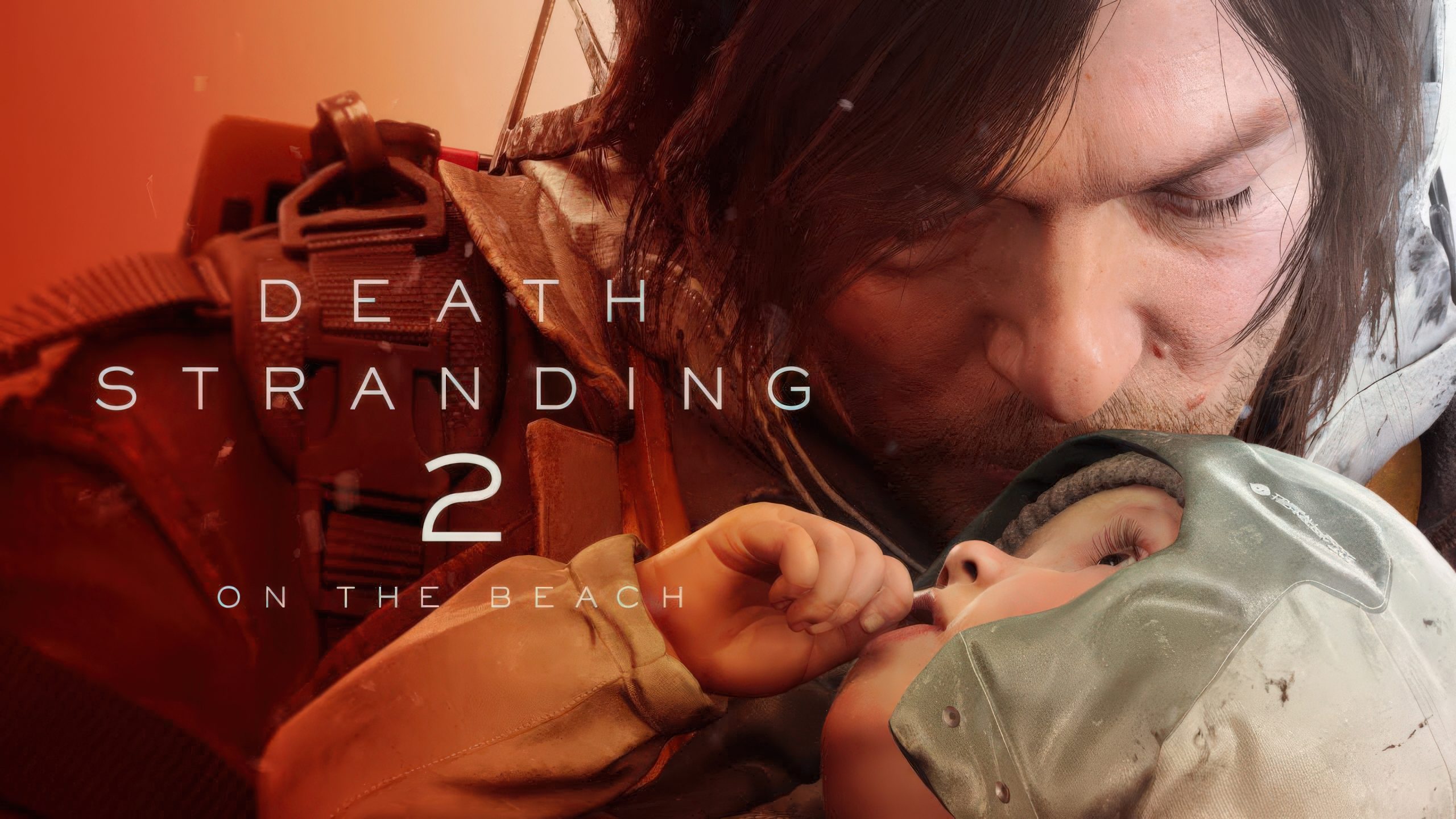At 60, Hideo Kojima acknowledges his mortality and has chosen to plan for the future. The creator of Metal Gear Solid and Death Stranding disclosed in the magazine Edge that he had given a USB key containing unreleased concepts, ideas, and projects to his personal assistant, in case of premature death. This creative testament is intended for use by his team following his absence. A unique move within the industry, which some view as megalomania, while others see it as deep reflection on ensuring artistic heritage continues beyond the creator’s life. You are free to form your opinion.
Entering my sixties did not fundamentally alter my course; it was the pandemic and a serious illness that marked a turning point. “I faced my mortality,” Kojima confesses in an interview. “I never really thought about my age, believing I could create until the end of my life. But this period changed my perspective. I asked myself: how many years do I have left to make games or films? Perhaps a decade?” This moment of vulnerability acted as a catalyst for reevaluating priorities and making a major decision: ensuring the continuity of his creative thought beyond his own existence. The USB drive mentioned by Kojima contains a series of unreleased concepts, ideas, and projects he hopes will be realized by the teams at Kojima Productions after his death. “I don’t want them to just manage our existing licenses,” he explains. “I’d like them to continue creating.” In other words, Kojima is laying the foundations for a living legacy that would outlast its author.
This reflection also comes with an acceleration in his production. Besides Death Stranding 2, scheduled for 2025, Kojima is currently working on OD (in partnership with Xbox Game Studios) and Physint, a spy game backed by Sony, described as a spiritual return to the codes of Metal Gear Solid. The Edge interview also reveals that Kojima seriously considered transitioning to cinema, encouraged strongly by Guillermo del Toro and Nicolas Winding Refn, two filmmakers who are close collaborators and appear in Death Stranding. Hideo Kojima ultimately decided to remain within the video game universe, which he considers his most natural medium of expression. “Creating games is what I want to continue doing until the end,” he asserts.
Through this initiative, Hideo Kojima is initiating a seldom-discussed debate within the video game industry: the transmission of artistic vision from an individual creator to their studio. In an industry frequently guided by commercial objectives and long-standing franchises, this action highlights a determined intent: to establish Kojima Productions as a capable entity for generating new and original works, even in the absence of its founder.
Have any thoughts?
Share your reaction or leave a quick response — we’d love to hear what you think!
